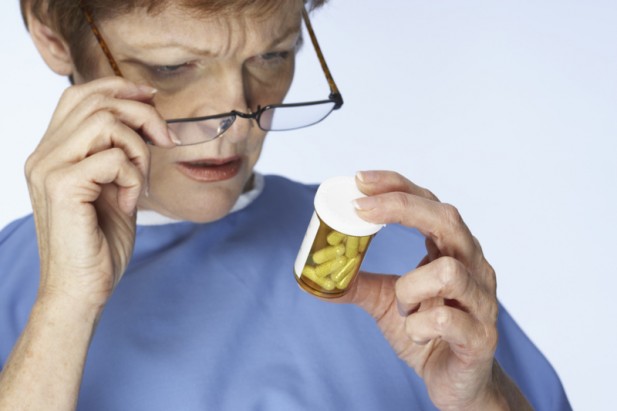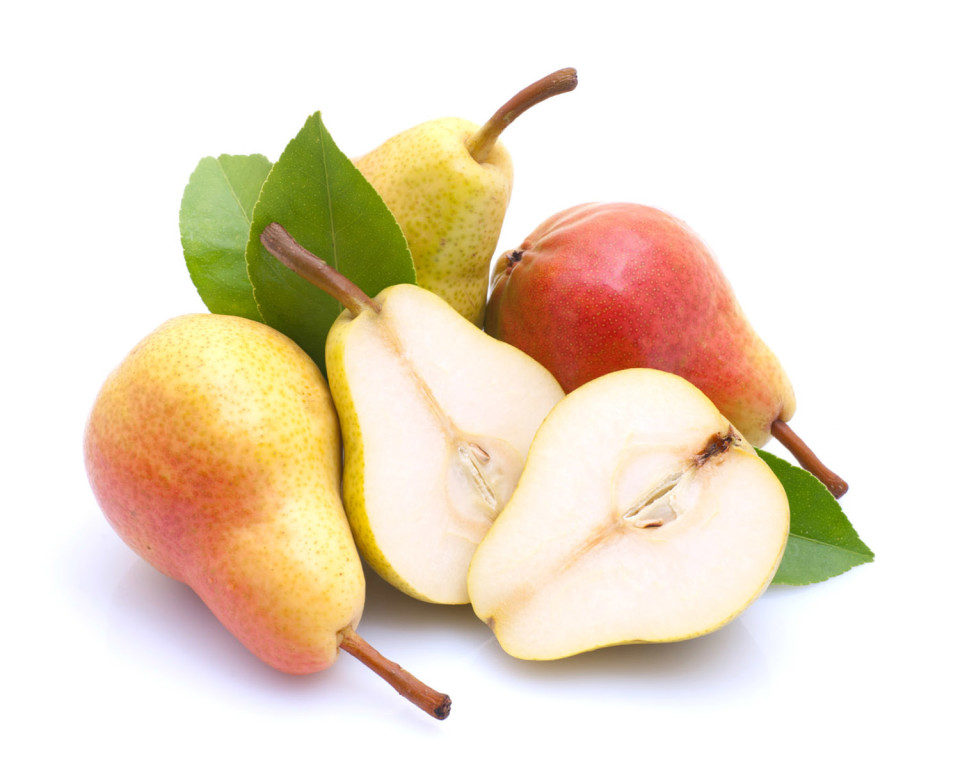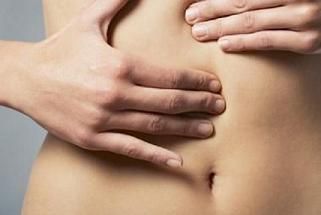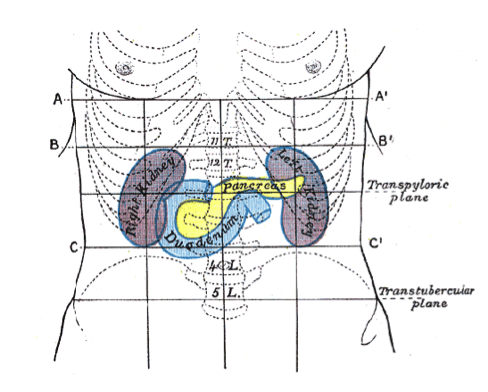The kidneys are selective filtration organs, they hold back vital nutrients such as minerals, vitamins, glucose and amino acids, returning these back to the bloodstream yet allow wastes to be efficiently eliminated from the body.
Once protein has been used by your body, the end product called urea is eliminated from the body by way of the kidneys. The kidneys keep the urea balance, and too much urea can be even life threatening.
The kidneys are most important to your health, and like the liver which we will talk about in another post, perform an amazing amout of functions. For example, they help with the production of red blood cells, assist in the control and regulation of blood pressure, and even help maintain the body’s acid/alkaline balance which is of most importance when it comes to psoriasis. You can read all about acid and alkaline and psoriasis in my book The Psoriasis Diet.
What most people are not aware of is that kidney disease, just like heart disease, is silent, and the symptoms may not show up until the situation becomes critical. When you have psoriasis, you will want to keep your large intestine, kidneys, liver as well as your lungs all in optimal shape. This will ensure that the most important elimination organs are functioning at their best, which in turn will help to optimize your chance of beating psoriasis. If you keep these organs functioning at their very best then you may be able to keep those psoriatic plaques at bay forever. I have seen this occur in many cases of psoriasis, and for this reason wrote a book entirely on the subject of internal cleansing and detox for my Psoriasis Program.
Just like the large intestine, there are many potential signs and symptoms of problematic kidney function, and it is therefore most important for you to know the symptoms of kidneys that are not functioning optimally.
I have listed the most common signs here for your convenience, and if you recognize any of these then I can highly recommend you take action. Some you may be familiar with, others perhaps not, but if you have psoriasis any symptoms in this list then you are well advised to improve the health of your urinary system. It is important to recognize the symptoms of kidney diseases so that you can correct any problems early on.
Kidney Symptoms To Be Aware Of:
1. Changes in urinary frequency. This may be the first symptom for many people; they may discover that they urinate more or less frequently. The urine may be darker in colour and smell offensive. There could be an increased urge to urinate or a problem in actually urinating.
2. Blood in the urine. This is called haematuria and is a real concern. Blood in the urine can have several causes and should be immediately investigated by your doctor.
3. Difficulty or pain when passing urine. Again, if you have problems trying to pass urine or experience pain you should go to your doctor as soon as possible. A urine test will be able to discover whether your have a urinary tract infection (UTI). Signs and symptoms of a UTI include pain, burning or stinging during urination. It is important to receive the right treatment if you have a UTI, because the infection may spread to the kidneys and cause fever and severe pain.
4. Feeling cold or chilly all the time. Those with kidney disease may feel cold even when it is warm due to anaemia or a chronic condition called pyelonephritis (kidney infection) that may cause chills or a fever.
5. Extreme fatigue. Healthy kidneys produce a hormone called erythropoietin, responsible for helping to make red blood cells (RBCs). These red blood cells help to carry oxygen throughout your body, and a lack of RBCs can cause anaemia, a condition responsible for generalized weakness and in some cases extreme fatigue.
6.
Poor concentration and dizziness. This may be the result of a lack of sufficient oxygen to the brain cause by the anaemia.
7. Swelling and oedema. Healthy kidneys ensure that any excess fluids along with wastes are efficiently removed from the body. When the kidneys cannot perform their task, fluid may build up causing swelling or puffiness in the hands, feet, lower legs, ankles and face.
8. Skin itching or rashes. Those with psoriasis may miss this common symptom of kidney disease, dismissing it as a skin problem rather than a kidney problem. Wastes that build up in the blood stream can be as a result of failing kidneys. The itching may be very severe and cause numerous skin rashes.
9. Metallic taste in the mouth and ammonia breath. High levels or urea may build up in the blood stream as kidney failure ensues. The urea is eventually broken down to ammonia in the saliva, which may cause “ammonia breath” and give the person an unpleasant metallic taste in the mouth.
10. Shortness of breath. Anaemia can cause a shortness of breath, and chronic kidney disease can allow fluid to build up in the lungs causing shortness of breath.
11. Feeling sick and nauseous. This may occur with chronic kidney disease due to a build-up of waste products in the blood stream.
12. Dull pain in the back or sides. I have noticed this in many patients over the years that believed the dull pain to be a problem with the back, when in fact it was a kidney (or adrenal gland) problem. The pain can range from a very low-grade and dull pain right up to a severe cramping pain spreading from the lower back down into the groin region. Severe pain is more common with a kidney stone. Any pain should be immediately investigated, particularly if recurrent and severe.






